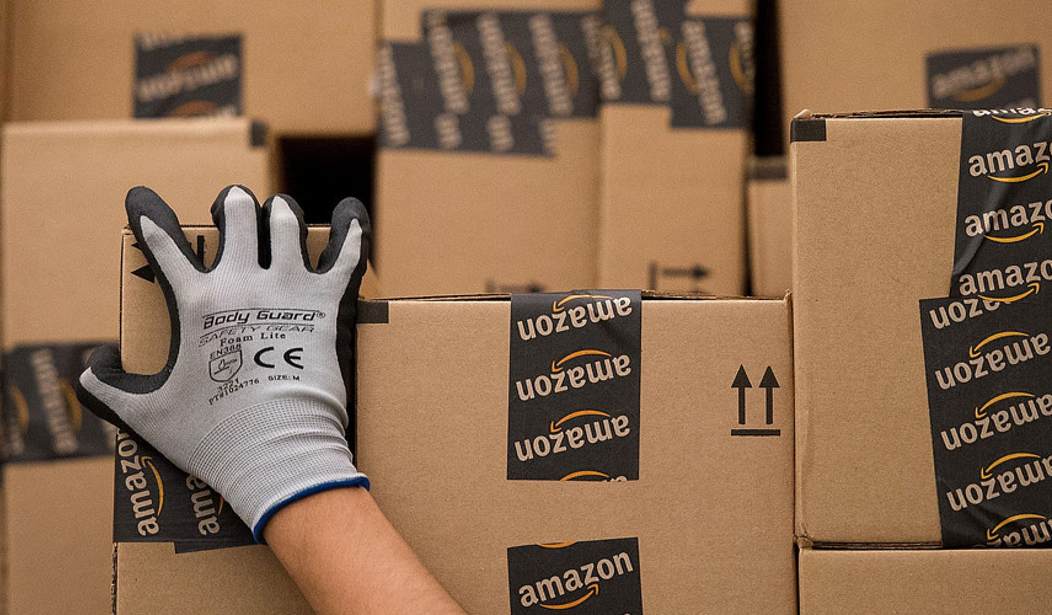Amazon finds itself in the midst of controversy on a semi-regular basis. The latest instance was localized, so many of us weren’t even aware of it, but that doesn’t negate the reality.
You see, Amazon was seeking to open a facility in Massachusetts. No biggie, right?
Well, the problem is that retail establishments in that state are required to pay time-and-a-half for anyone who has to work on Sunday, and they wanted to argue that Amazon should be held to the same rules.
After failing in their annual attempt to scuttle overtime pay for those working on Sundays, retailers targeted Amazon, which is about to open a massive distribution center on the Fall River/Freetown line. Retailers argued that if every mom and pop store has to pay time-and-a-half to Sunday workers, Amazon should be classified as a retailer and be forced to do the same.
But the $1 billion economic development bill signed into law last week by Governor Charlie Baker not only doesn’t change Amazon’s classification but actually makes it easier for its warehouses to operate on Sunday.
And because it will continue to be classified as a distributor, not a retailer, Amazon won’t have to pay its employees overtime for Sunday work.
That “creates an uneven playing field,” said Jon Hurst, president of the Retailers Association of Massachusetts.
I see where Hurst is coming from — but he and his organization picked the wrong fight.
Amazon is always going to have “an uneven playing field.” Their size alone is sufficient to crush the competition. That’s not where the problem lies, however. The problem is a rule that requires time-and-a-half for employees strictly based on what day of the week it is.
It’s a blue law, which even the Boston Globe agrees with. For those unfamiliar with the term, blue laws are laws which prohibit or curtail certain activities on Sundays.
Hurst and his organization shouldn’t have been trying to fight Amazon. Not on this.
The real issue is paying an increased rate based on the day of the week, rather than the hours worked during that week. In this day and age, businesses are going to have a hard time competing, particularly along the borders of the state where consumers can cross into neighboring states for better values. After all, costs for higher mandated wages will get passed on to customers.
Killing the blue law itself would have the same impact as making Amazon pay it, but ultimately benefit the whole state far more than making another company pay a bit more in wages.









Join the conversation as a VIP Member